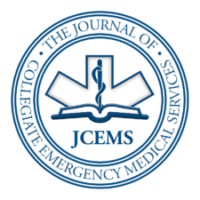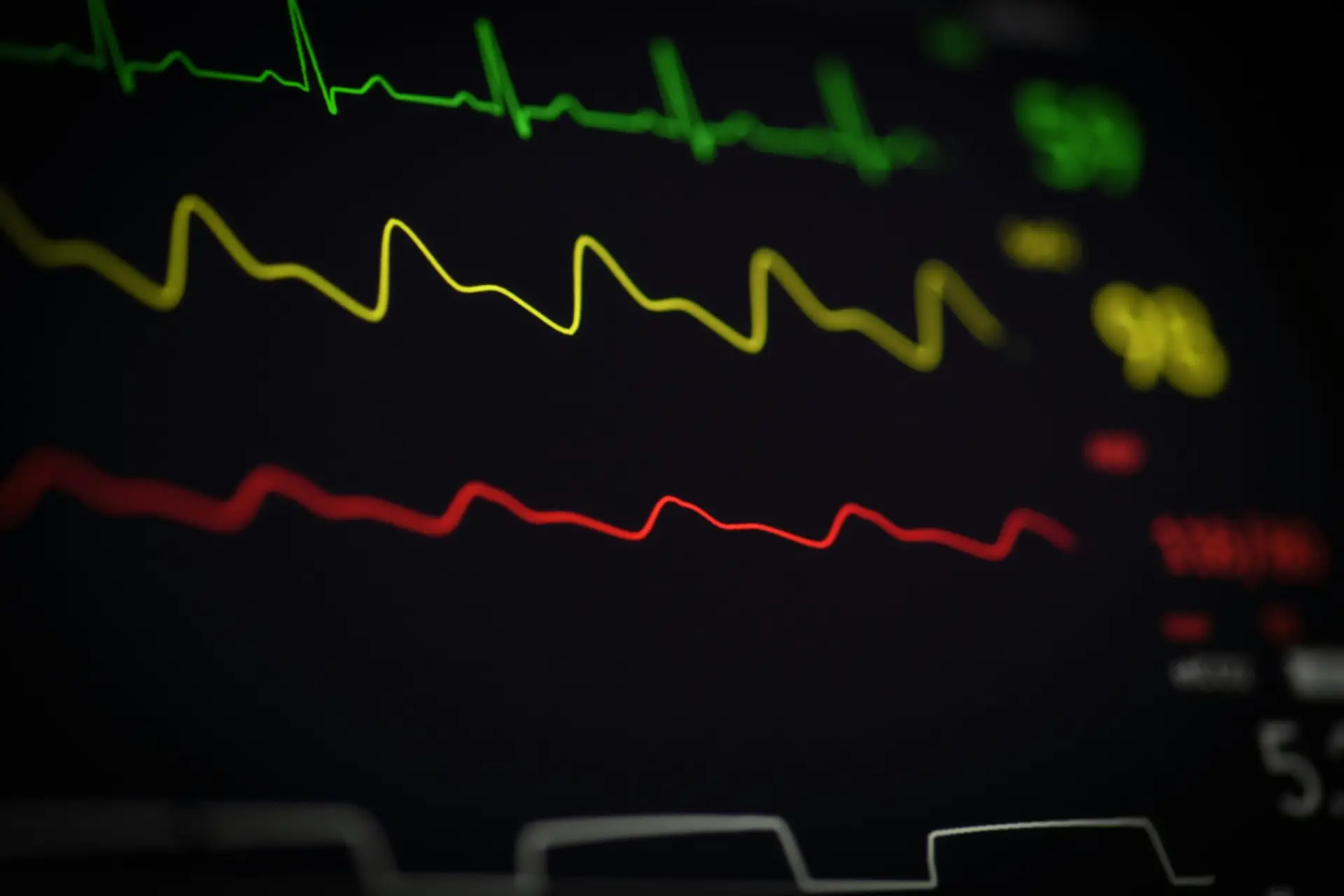Become a Reviewer
Qualifications
Potential reviewers are expected to meet the following qualifications, all of which should be listed in a CV or resume:
- Expertise in emergency medical services (EMS) or emergency medicine, or expertise in a relevant field (e.g. campus public health, campus public safety, student affairs, education, etc.), or expertise in a specific methodological discipline (e.g. statistics, survey design, etc.).
- One or more original research publication. This requirement may be waived provided the applicant demonstrates otherwise outstanding academic and scholarly achievement (e.g. published case reports or review articles, significant conference presentations, advanced academic degrees, editorial experience).
Expectations
Reviewers are expected to:
- Respond to an invitation to review a JCEMS manuscript within 3 days, indicating whether or not the reviewer accepts the invitation.
- Complete assigned reviews within 14 days of the initial invitation. Notify the editors if the review will not be completed within 14 days.
- Thoroughly familiarize themselves with JCEMS submission guidelines as detailed in the JCEMS Guide for Authors.
- Thoroughly familiarize themselves with ethical guidelines for research and publishing as outlined in the JCEMS Guide for Authors.
- Maintain confidentiality during the review process. Reviewers may not share manuscript details or identify themselves as a reviewer during the review process.
- Provide an unbiased review. If the reviewer believes that they know the identity of the author, or are otherwise unable to provide an unbiased review, it is the responsibility of the reviewer to contact an Editor.
Benefits
JCEMS reviewers enjoy the following benefits:
- An annual letter of gratitude written on official JCEMS letterhead for their academic record. The letter will note the number of reviews performed by the reviewer in the preceding year.
- Annual acknowledgment of the most active reviewers in the print version of JCEMS, with the permission of the acknowledged reviewers.
- Professional development, establishment of expertise, improvement of scholarly reputation, and contribution to the collegiate EMS community.
Application Process
Reviewers may be invited by the Editor-in-Chief or a designated member of the Editorial Board. In addition, individuals interested in being a reviewer should submit the following items to the Editor-in-Chief at JCEMS@CollegeEMS.com:
- CV/resume
- Cover letter, detailing their interest and qualifications.
- Contact information (email and phone) for three references who can attest to the applicant’s qualifications and expertise. JCEMS prefers that reference(s) are individual(s) with editorial or review experience.
- Optional: Letter(s) of recommendation, preferably from individual(s) with editorial or review experience. It is preferred that letters of recommendation be sent directly from the recommender, not the applicant.





